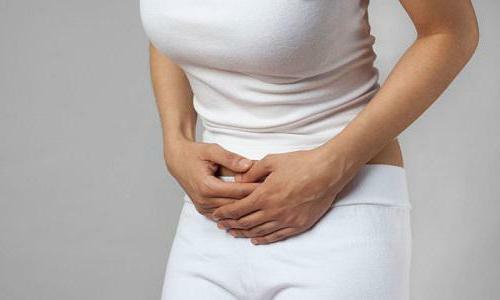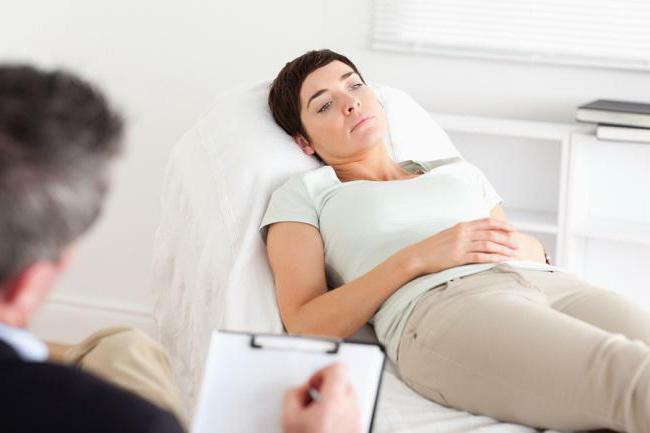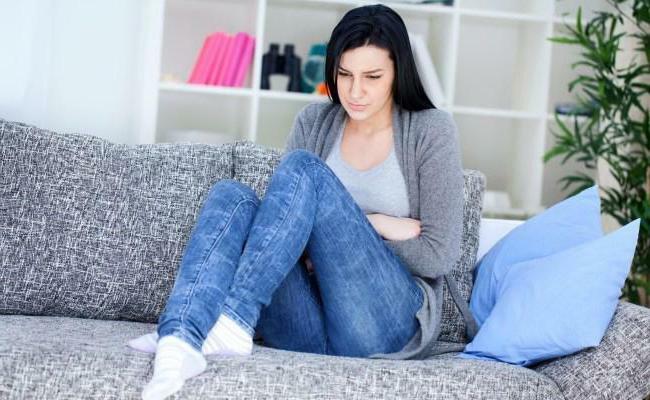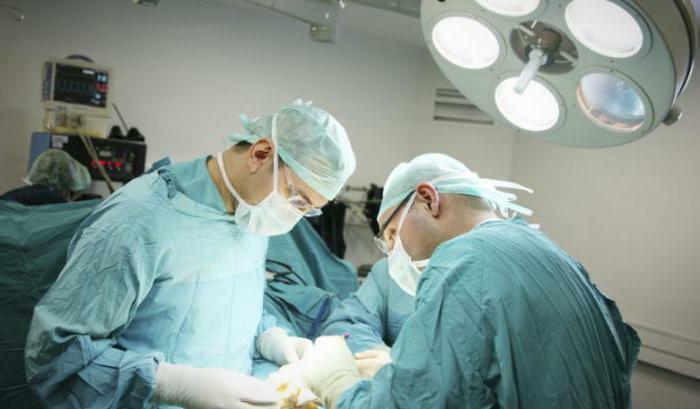Polyp urethra in women: treatment, causes, symptoms
As you know, all diseases should be treated as early as possible. And in order to find them, you need to periodically visit a medical facility and undergo appropriate examinations. This is the only way to prevent the development of serious diseases, from which no one is insured. One of these ailments is the urethral polyp in women. The treatment, causes and symptoms of this pathology will be considered further.

Polyps of the urethra: what is it?
Polyps of the urethra are benign tumors, the main site of which is the external surface of the urethra. Neoplasm has a round or drop-shaped shape, develops from fibrous connective tissue. It is soft in consistency, tends to form blood vessels and therefore often bleeds. The polyp of the urethra is characterized by the presence of a foot. Such a tumor has the property of rapidly increasing in size, which can cause a blockage of the urethra.
It is worth noting that women are most prone to forming polyps of the urethra. This is due to the fact that their urethra is much shorter than that of men. In a female, the tumor is predominantly formed in the region of the external orifice of the urethra. In this case, it can be seen with the naked eye, so often a neoplasm is detected during a preventive examination. But sometimes the urethral polyp in women( treatment of the disease described below) may be located in the central part of the urethra. To detect it you need special equipment.

Causes of polypogram
The growth of a polyp, as a rule, occurs under the influence of certain factors. The main ones are:
• disruption of the hormonal background and vaginal microflora;
• age-related hormonal changes;
• disorders in the endocrine system;
• chronic urethritis;
• colpitis and cervicitis;
• mechanical urethral trauma associated with childbirth, medical examination or sexual contact;
• Sexually transmitted infections( gonorrhea, trichomoniasis, ureaplasmosis, chlamydia, genital herpes, papillomavirus).
In addition, the prerequisites for the development of the disease can be bad habits, stress, the use of harmful food for health. Not the last role is played by heredity.

How dangerous are the urethral polyps in women
The neoplasm itself is not a big danger. However, if the pathology is not eliminated on time, serious complications can develop.
First, the urination system can be disturbed, resulting in a delay in urine and difficulty urinating. Polyps of large size can completely block the urethra, because of which emptying becomes impossible.
Secondly, the polyp of the urethra in women, whose treatment is mostly radical, can cause hematuria, that is, the appearance of blood in the urine. Ultimately, amid prolonged blood loss, anemia may develop.
Thirdly, due to the presence of a tumor in the urethra, the bladder becomes more susceptible to infections, which can lead to the development of cystitis and pyelonephritis. Often develops urethritis chronic.
Fourth, the growth of neoplasm leads to the fact that intimacy for a woman becomes painful.
Fifth, despite the fact that the polyp is benign in nature, in rare cases it can still degenerate into a malignant tumor. Therefore, regardless of the size of the polyp, it must be removed.
Based on the above, we can conclude that the disease can not be started. The earlier the urologist's consultation is received, the lower the risk of possible complications.

How to recognize the disease
The clinical picture of the pathology is such that in the early stages of development its signs are practically absent. As the polyp grows, the symptoms of the disease become more pronounced. So, how is the presence of such a pathology as a polyp of the urethra manifested in women?
Symptoms are as follows:
• Obstructed urination, accompanied by itching and burning.
• Presence of a soft neoplasm, which can be felt or seen independently.
• Deviation of the urine stream to the side and its splashing during urination.
• Presence of blood in the urine.
• Soreness during intercourse and blood discharge from the urethra after it ends.
• Sensation of foreign body in urethra.

Diagnosis
If you suspect a polyp of the urethra, urologist consultation is necessary. And it is important not only to confirm the diagnosis, but also to identify possible chronic infections that contribute to the formation of polyps.
The main research methods are:
• a conversation with a doctor and a medical examination;
• urine collection, taking and testing of the smear from the urethra, conducting PCR in order to identify the causative agent of the infection;
• Cystoscopy( endoscopic examination of the urethra and bladder).
Polyp urethra in women: treatment of
Before considering possible options for treatment, it should immediately be stipulated that there is no conservative treatment of this pathology. Therefore, when detecting tumor-like education, doctors insist on surgical intervention.
Today, removal of the urethral polyp in women is performed in several ways.
If the polyp is located outside, a method of cryodestruction or electrocoagulation is used. The first method is based on the effect on the tumor of low temperatures. Electrocoagulation( moxibustion) involves the use of electric current. Also resort to radio wave removal of the polyp, which consists in the use of radio waves.
In the case when the polyp has reached considerable dimensions and is located inside the urethra, a wedge resection is performed, in which the surgeon excises the tumor mechanically.

Polyp urethra in women: treatment with folk remedies
If the tumor is small and does not cause any inconvenience, you can try to get rid of the polyp with the help of traditional medicine. However, such treatment requires time, and it is rarely effective, because the cause of the disease lies inside. Folk remedies, as a rule, can only act as maintenance therapy, that is, strengthen immunity and reduce inflammation, but can not replace traditional treatment in any way.
To eliminate pathology, candles with propolis and ichthyol are used, as well as enemas with herbal infusions and decoctions. For this purpose, most often use celandine.
In any case, the possibility and appropriateness of herbal medicine must be agreed with the attending physician. Since the urethral polyp in women, whose treatment is most often surgical, tends to degenerate and does not have obvious symptoms in the early stages of development, its therapy requires a serious approach. Therefore, only a qualified specialist should be trained.
